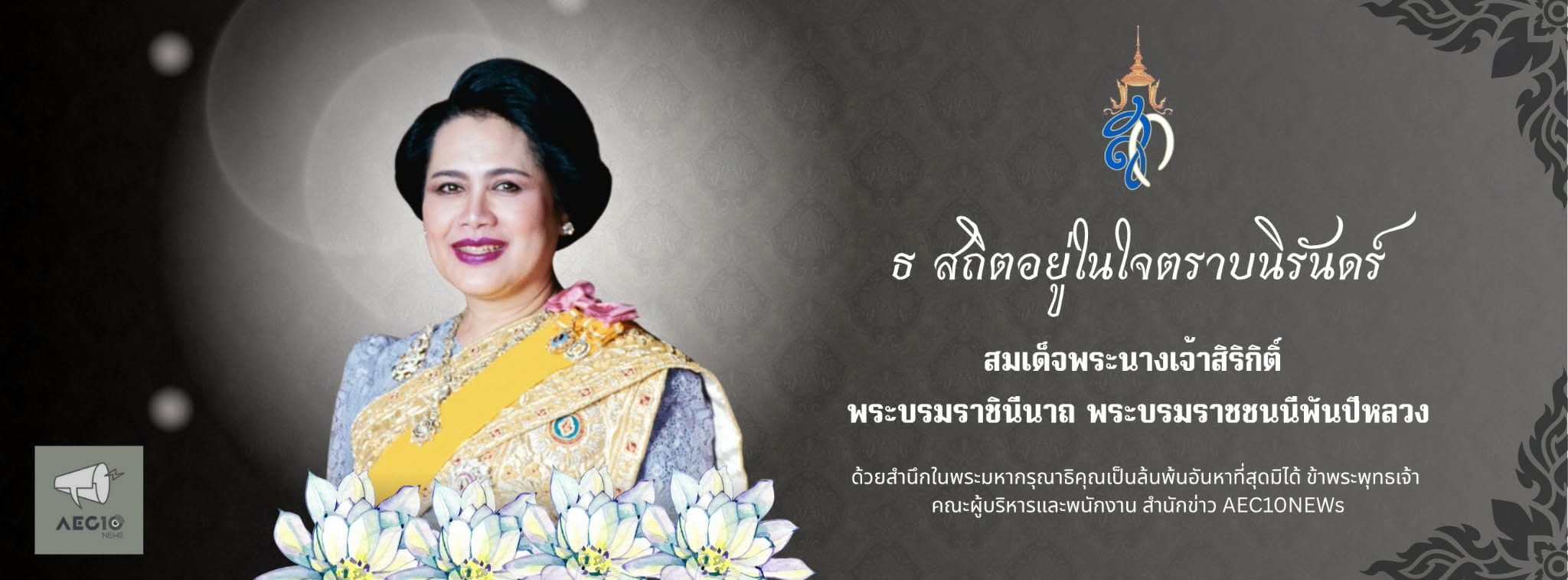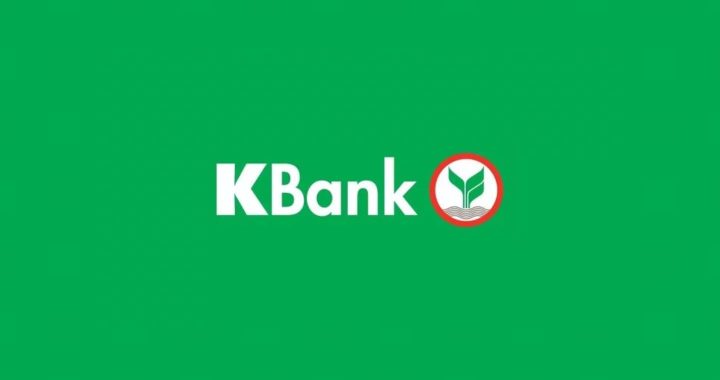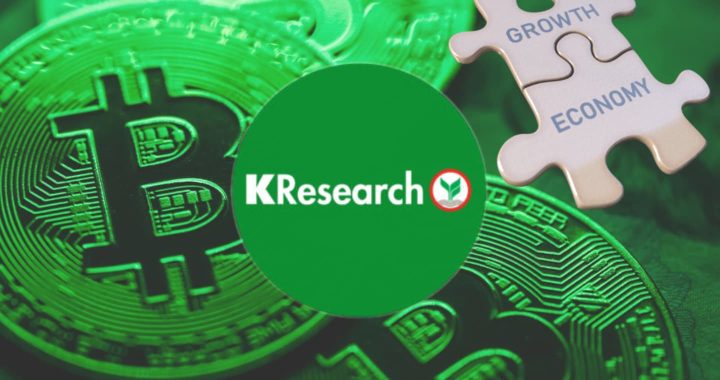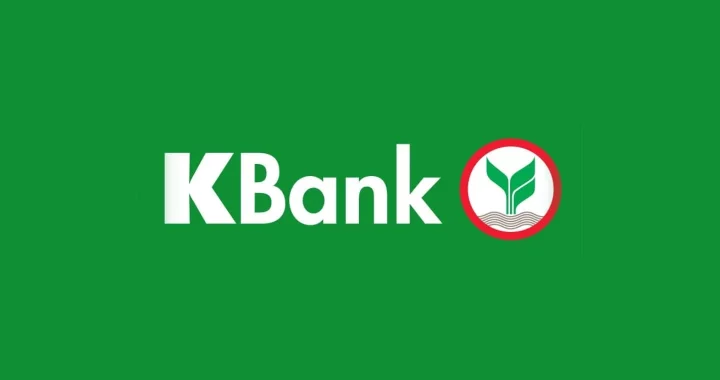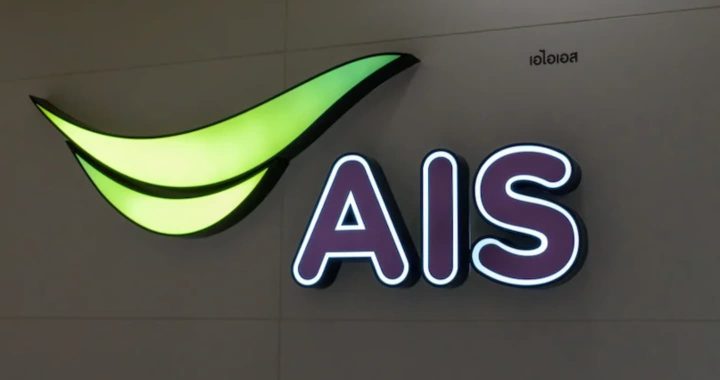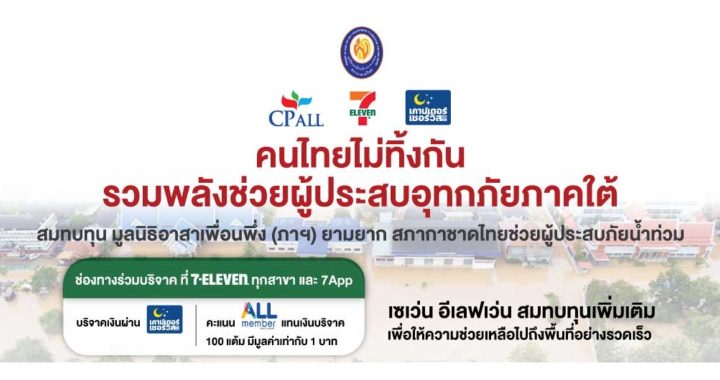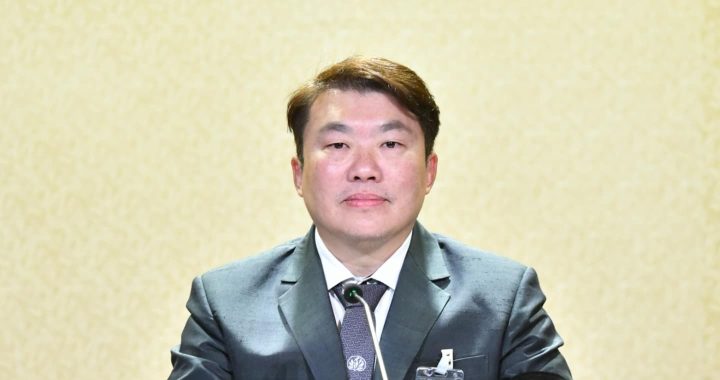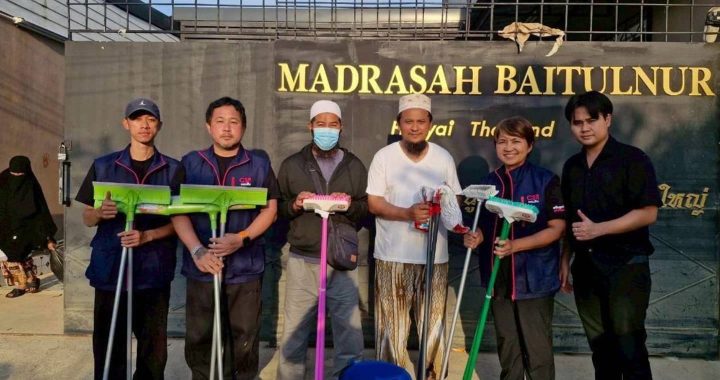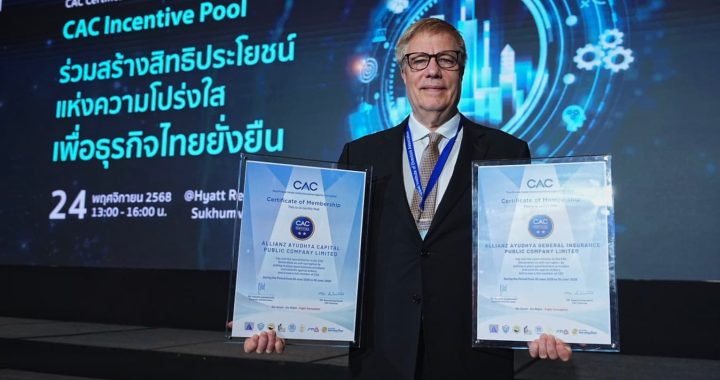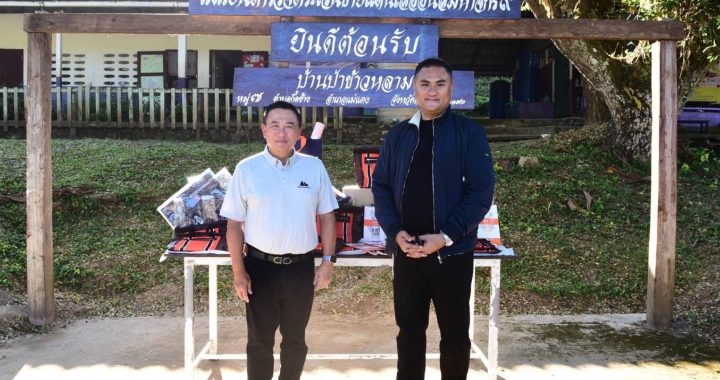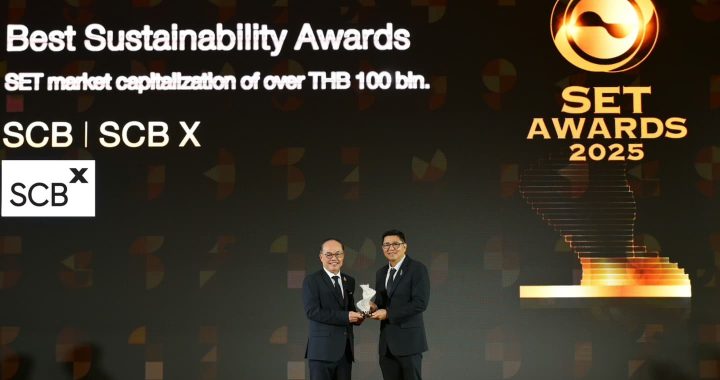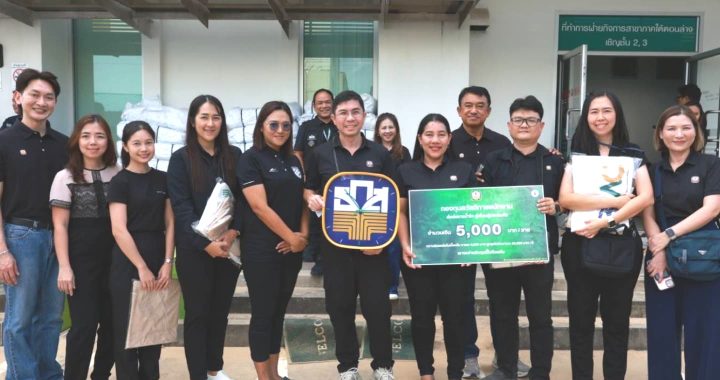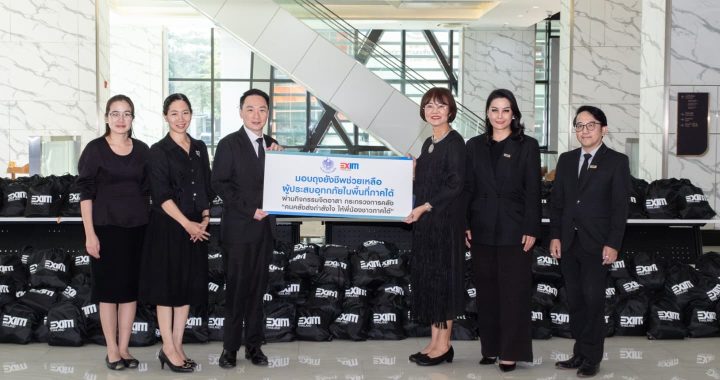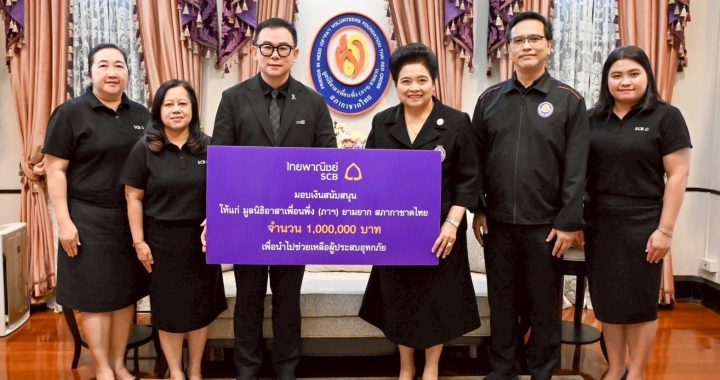SCB Julius Baer’s Official Launches Released First “Wealth Report Thailand 2019”
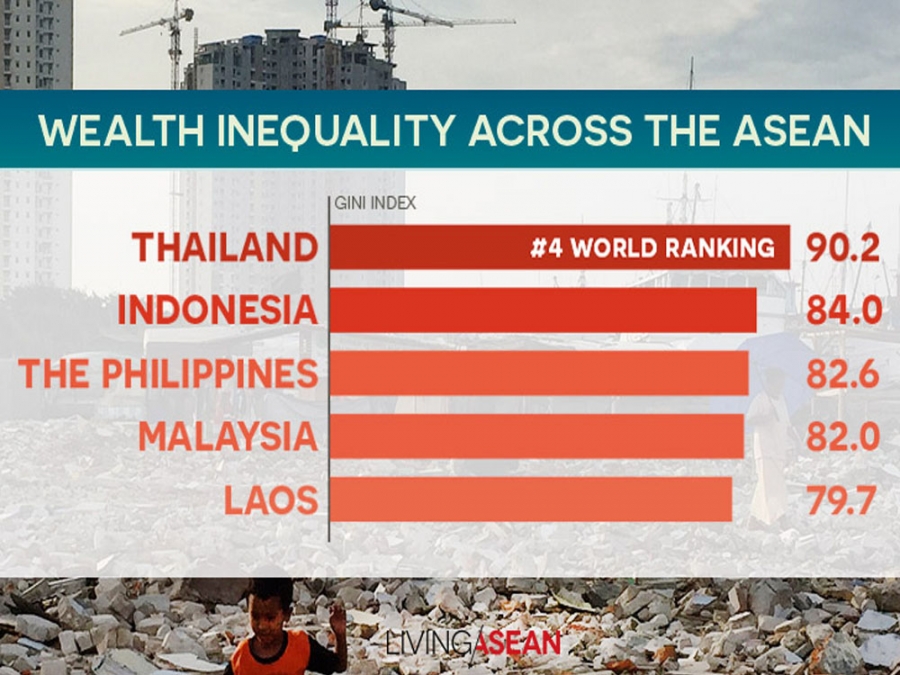
12-6-2019—Today SCB Julius Baer Securities releases its Wealth Report Thailand 2019, focusing on the wealth management landscape in Thailand, based on a survey of 351 HNWI clients’ information and opinion. The report takes a holistic look at Thai HNWI clients’ attitudes towards wealth and one of the four largest private banks in Asia.
Wealth Report Thailand 2019 unveils essential information from the insights about HNWIs’ demand which enables SCB Julius Baer to better understand the clients and sees greater opportunity in designing comprehensive financial plans that help clients achieve their investment goals.
To celebrate the official launch of the company, SCB Julius Baer releases The Wealth Report Thailand 2019 which was prepared based on data and information collected from 351 HNWIs in Thailand. The report found that Thai HNWI wealth is projected to grow at a five-year compound annual growth rate (CAGR) of 9.9% during the year 2015-2020 which will make the value of overall asset belong to HNWI turn to be USD 401.2 billion.
Drivers behind the growth include steadily growing household wealth, economic development and a buoyant property and stock market. The SET Index is forecasted to reach 1,800 points by the third quarter of this year, while the country remains fiscally strong.
The survey findings indicate that 56% of HNWIs in Thailand are interested in wealth creation over wealth preservation which stood at 41%.They share a similar portfolio allocation to global HNWIs in liquid assets such as stocks, bonds and funds.However, the majority of these assets are in onshore investment products.
Thai HNWIs are not as invested in Real Estate and Alternatives with a portfolio allocation of 7% and 6%, respectively, in these asset classes as compared to global HNWIs’ 17% and 9%, representing an untapped opportunity.
The SCB Julius Baer Wealth Report Thailand 2019 covers following significant findings:
• Slightly less than half of respondents hold at least one offshore investment. Of these, equities and fixed income are most widely held in investment portfolios, followed by funds and direct real estate.
• Changing customer behavior towards investment, low penetration of investment products (especially offshore) and tax and regulatory changes underpin the opportunities to tap on the fast-growing Thai wealth market.
• Three distinct client profiles were identified from the survey;
1)The millennial entrepreneur (up to 40 years old) places a relatively high importance on digital financial services and prefers wealth creation over wealth preservation. Surprisingly, compared to the other two profiles, they have the least understanding of how to gain access to offshore investment opportunities.
2)The mature investor (41-60 years old) is the most educated of the three profiles and has a slightly better understanding of how to access offshore investments.
3)The technology familiar or the techie retiree (older than 60 years) is the least familiar with offshore investments and expresses the greatest desire to have their money professionally managed. Interestingly, they are the most social media savvy of the three profiles.
The report also focuses on Thailand’s ranking in the 2018 Julius Baer Lifestyle Index, which based on a basket of 22 luxury goods and services that represent HNWIs’ purchasing in the region.
The report found Bangkok maintained its status as a relatively inexpensive city for shoppers, keeping at 7th place among 11 Asian cities in the past three years (2016 to 2018) in USD terms.
Luxury goods are more expensive in Thailand due to excise taxes on some imported luxury products, whereas luxury services are generally well-priced due to lower operating costs in Thailand.
Throwing an opulent wedding is the cheapest in Bangkok. However, shoppers undergoing lasik surgery, fitting for a men’s suit, or purchasing a box of cigars would have to pay the most extravagant prices in the region.
Mrs Jiralawan Tangitvet CEO of SCB Julius Baer said “Thailand’s HNWI market secment has enjoy high growth rate in the past few years. We expect this growth trend will continue and that means tremendous opportunity.
“One interesting point from this survey is that the wealth management trend in Thailand has grown tremendously in recent years and this trend is expected to continue as the overall population grows wealthier. SCB Julius Baer sees a lot of opportunity in this market, especially when compared to other markets in the region.HNWIs in Thailand are more educated while regulation and policy allow for more convenience and efficiency in wealth management.”
” Our research shows that Thai HNWIs are under-served and possess a keen interest in offshore investments. We, therefore, are committed to offering the right financial planning and creating wealth as well as providing sound consult and selecting high-quality world-class products that best serve our clients in Thailand. SCB Julius Baer believes that we will successfully help our clients achieve their investment goal.”
“SCB Julius Baer begin its private banking business with 1.8 billion baht worth capital registration.
We have total 62 officers in Thailand and 62 in Singapore. Now we have 15 RM wealth relationship managers available to serve HNWI clients. In order to be able to serve better we target to increases RM to 40 by this year-end. Due to more market opportunity bringing in more HNWI. While each RM can serve about 20-30 clients in maximum.”
“The total value of Thai HNWI’s asset according to the research in 2018 was 341 Billion US dollars”according to SCB Julius Baer’s research team.
SCB Julius Baer target to brings 30% Thai HNWIs to its borderless, customized Wealth Management Services.
“According to Singapore’s rule SCB Julius Baer HNWI client must be the accredit investor who must have deposit account with minimum deposit of 2 million Singapore Dollars or 100 million baht.” said Jiralawan.
“SCB Julius Baer is the joint venture between SCB Public Company Limited (under Bank of Thailand supervision) and Singapore base Julius Baer Swizerland (under supervision of Singapore and Swizerland Central Bank)
